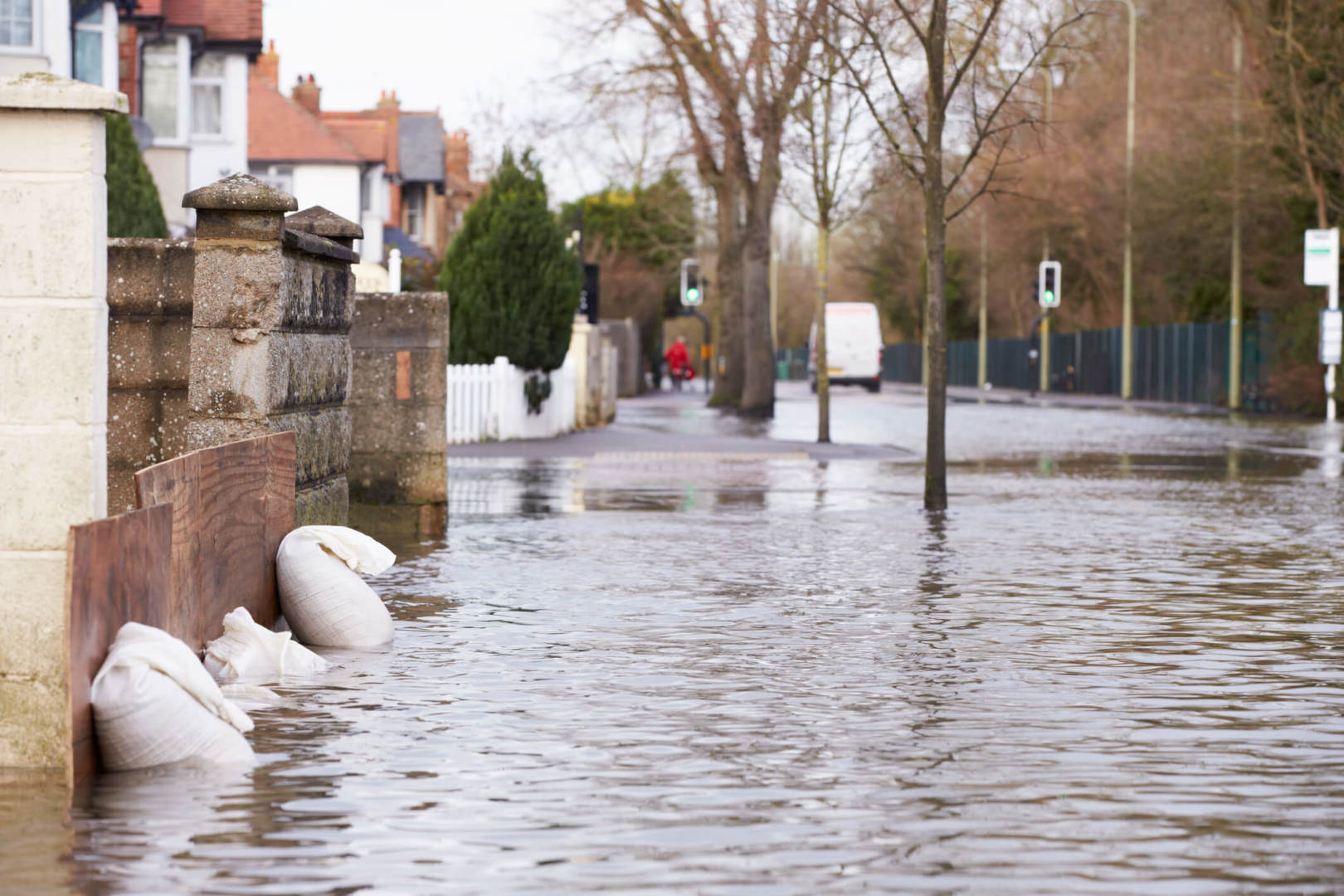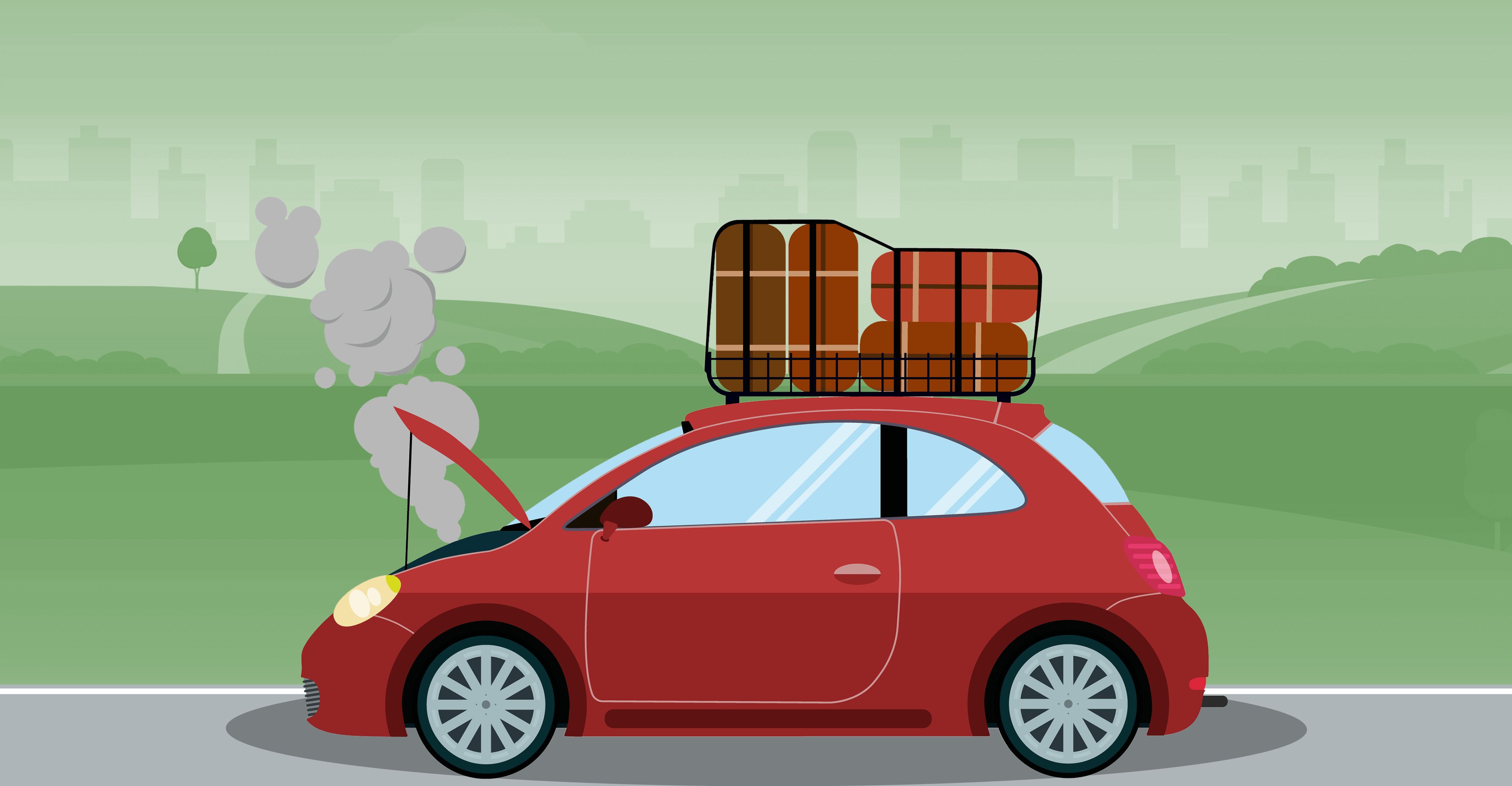When thinking about climate change insurance rarely springs to mind. Insurers are often at the forefront of dealing with the impact climate change has on our homes and businesses.
An increased frequency and severity of major weather events means a higher number of claims for insurers to deal with, globally as well as in the UK.
Despite government initiatives and the UK’s 2050 target to reduce emissions by at least 100% from levels captured in 1990, worldwide attempts to reduce climate changes have not yet hit the mark.
The rise of severe weather
As severe weather is becoming increasingly recurrent and extreme, individuals and businesses are seeing a rise in weather-related incidents. In incidents such as flooding, not only can this affect their property and contents, but may also mean having to seek alternative accommodation or temporarily ceasing trading.
Short-term changes, long-term damage
The extreme freeze in early 2018 cost UK insurers £194m over three months for burst pipe claims, while the following extreme heatwave caused over £64 million of subsidence damage.
Ernst Rauch, Munich Re’s chief climatologist said: “If the risk from wildfires, flooding, storms or hail is increasing then the only sustainable option we have is to adjust our risk prices accordingly. In the long run, it might become a social issue…”
Find the right balance
With the current economic climate remaining modest, with plenty of uncertainty in the air, insurance must remain affordable to those who need it. Yet, getting the balance right to offset the increased risk, and determining what to attribute as one-off incidents is no easy task.
Nicolas Jeanmart, head of personal & general insurance and macroeconomics at Insurance Europe said:
“The sector is concerned that continuing global increases in temperature could make it increasingly difficult to offer affordable financial protection that people deserve, and that modern society requires to function properly,”
Adapting to change
For those concerned about rising insurance costs, reassurance can be found in adaptations which have already been made by the insurance industry. From escalating flood concerns, schemes such as FloodRE have been implemented and insurance is increasingly becoming a part of resilience measures.
In an effort to reduce our own impact on climate change we’re looking at ways we can become more eco-friendly. From the paper we use to how much of it we need to print. Together with your help we can help reduce our carbon footprint by sending policy documents out electronically instead of by post. The benefit to you being you can access your documents from anywhere at any time.





